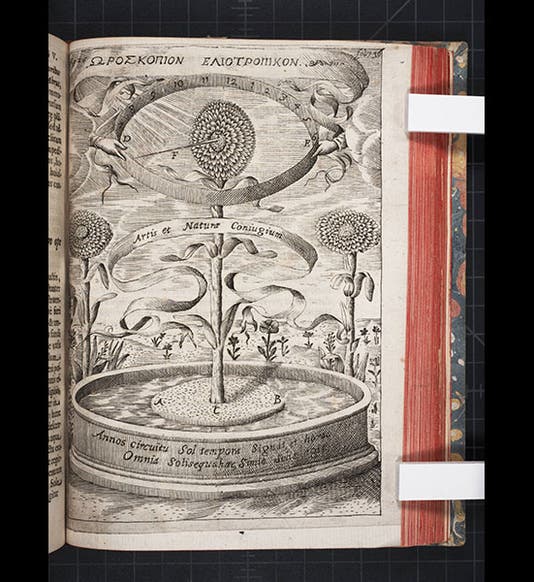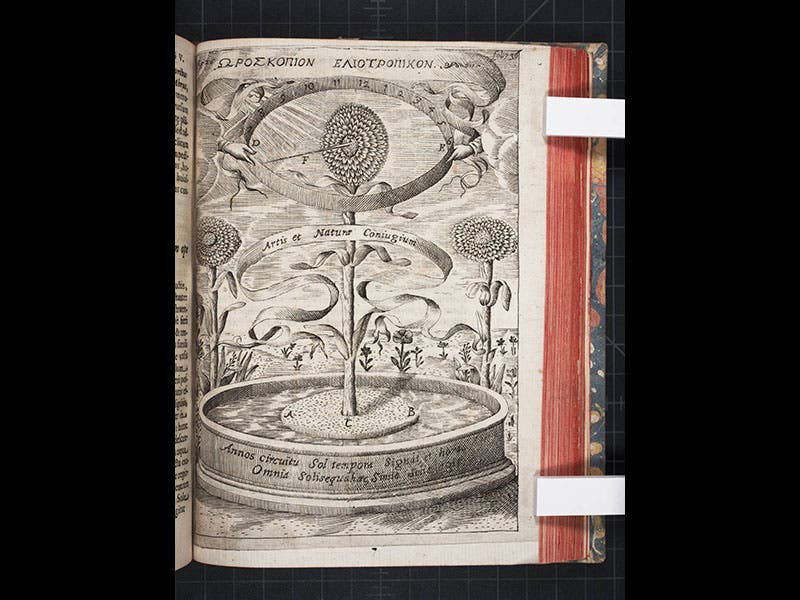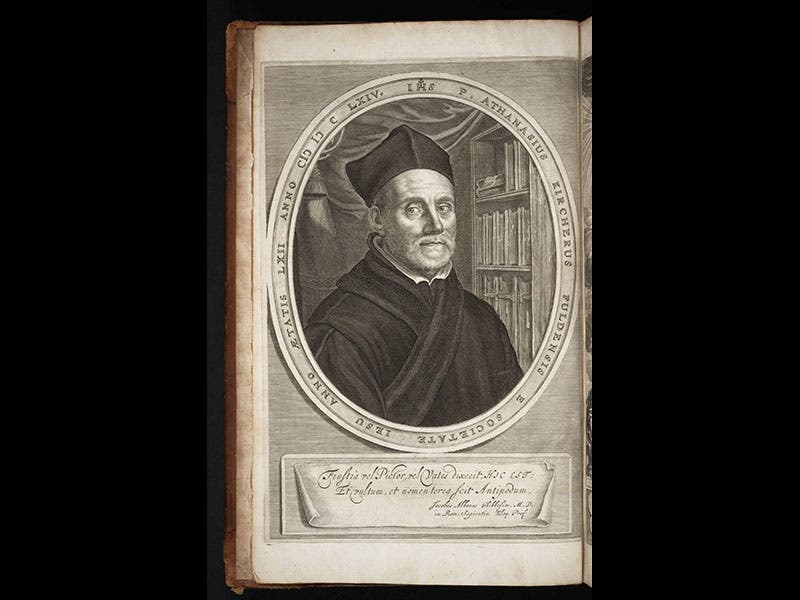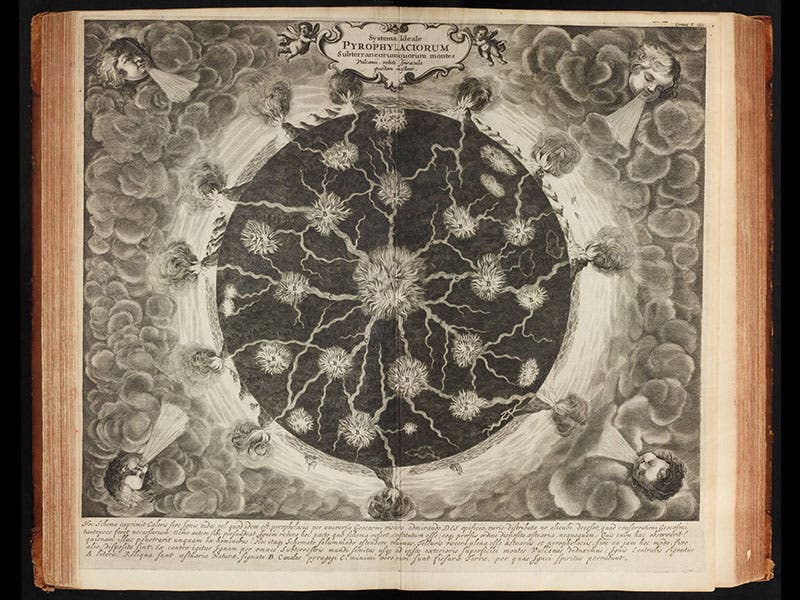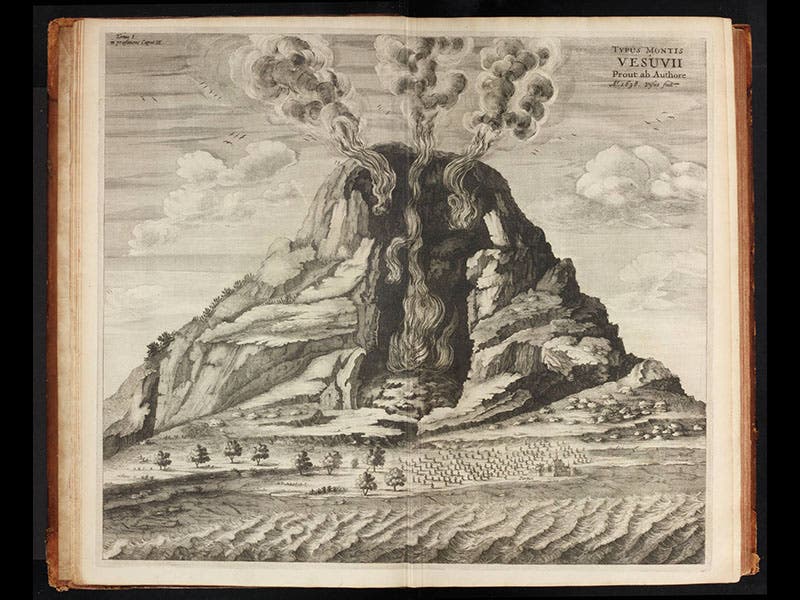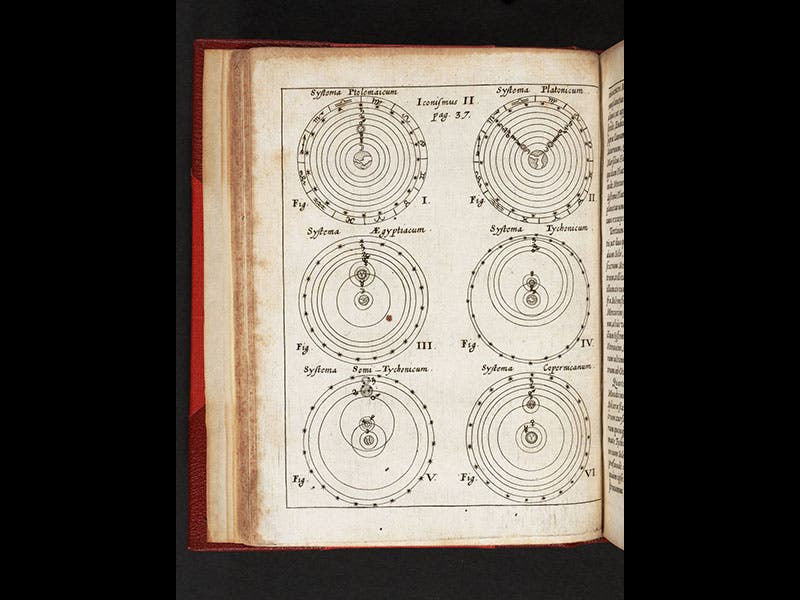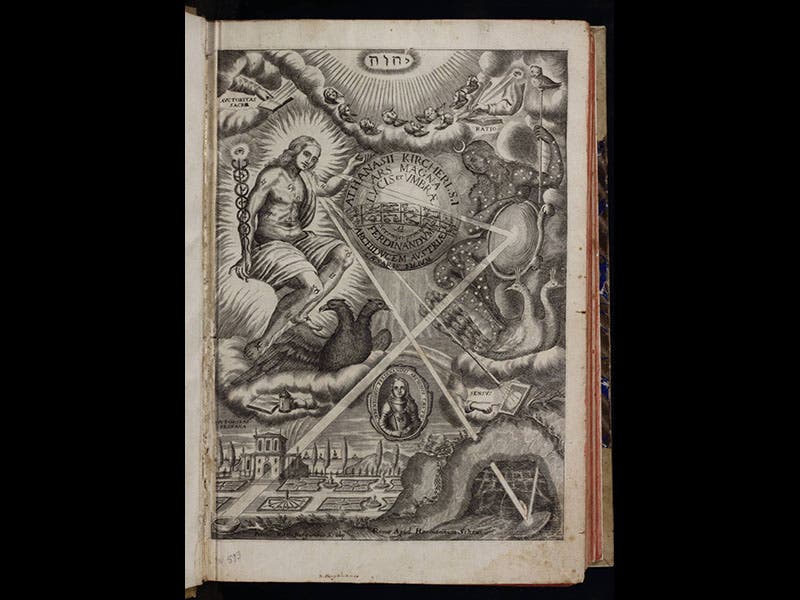Scientist of the Day - Athanasius Kircher
Athanasius Kircher, a German scholar working mostly in Rome, was born May 2, in 1601 or 1602. Kircher was a Jesuit, and like many of his order, prone to writing large books. Kircher, however, outdid them all, publishing some 40 folio volumes on subjects ranging from geology, astronomy, and magnetism to Egyptian antiquities, China, and Noah’s flood. Kircher wrote at a time, the 1650s and 1660s, when much of the scientific world was in the throes of a scientific revolution, led by Johannes Kepler, Galileo Galilei, and René Descartes. Kircher, however, was still immersed in the Renaissance world of Aristotelian physics and Hermetic magic. He continued to see emblematic meanings and arcane symbolism everywhere he looked in the world, and he rejected the mechanical philosophy of the Cartesians, which stripped the world of magical forces, correspondences, and sympathies.
Nevertheless, Kircher played an important role in disseminating recent scientific work, and his books are quite beautiful (the Society of Jesus had plenty of money to pay engravers) and well worth perusing. We have 29 Kircher titles in the History of Science Collection, most of them large folios, and we have displayed a number of these in exhibitions over the years. The images above, culled from various of his works, show, in order, a sunflower clock from Magnes sive De arte magnetica (1641); his portrait, a section of the earth, and a section of an erupting Vesuvius, all from Mundus Subterraneus (1665); a collection of six possible cosmologies, from Iter extaticum coeleste (1660); and the engraved title page from his work on optics, Ars magna lucis (1646). Nearly all of Kircher’s books carry allegorical or emblematic title pages, and you can see all of these in our Digital Collection called “Emblematic Science."
Dr. William B. Ashworth, Jr., Consultant for the History of Science, Linda Hall Library and Associate Professor, Department of History, University of Missouri-Kansas City. Comments or corrections are welcome; please direct to ashworthw@umkc.edu.

